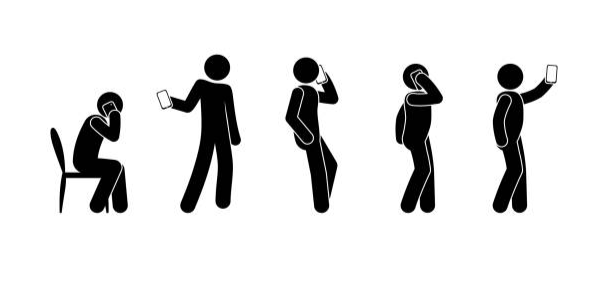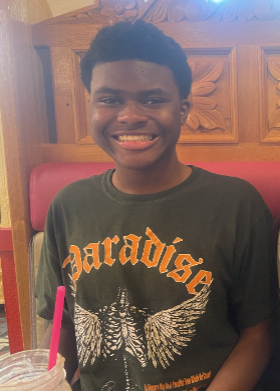On March 13, 2025, journalist and editor-in-chief of The Atlantic, Jeffery Goldberg, was added to a group chat with top national security officials for President Donald Trump, who discussed plans for upcoming military strikes on Yemen. According to Goldberg, the messages “contained operational details on forthcoming strikes on Iran-backed Houthi rebels in Yemen, including information about targets, weapons the U.S. would be deploying, and attack sequencing.” Just two hours later, after Goldberg had received the details of the attack, the U.S. launched airstrikes against Houthi targets in Yemen.
In Goldberg’s Monday Atlantic story, he wrote his first report of his access to the chat. He withheld some information about a bombing that attacked Houthi rebel targets on March 14, but Trump administration officials downplayed the report, calling him a liar and minimized his claims. In addition, Goldberg received insults from the Trump administration, such as being called “scum” by Mike Waltz in an interview, and he claimed to not know him.
Goldberg explained why he published the story. “The only reason I did that was because they said we were lying about what we had, and they were trying to cover up what was a massive national security breach.” He also said, “Journalists, I hope, operate in the public interest. The public needs to know that they don’t take national security seriously, so that’s why I put out what I did.”
This makes a statement on how journalists should always seek the truth and report it to the public as fully as possible, and it also shows the true colors of our government officials.

Sources:
‘They invited me – now they’re attacking me’: Signal chat journalist speaks to BBC.
Trump officials texted attack plans to a group chat in a secure app that included a journalist.
Atlantic editor: ‘Phone numbers don’t just get sucked into other phones’
Browse 12,700+ stick figure text stock illustrations and vector graphics available royalty-free,







